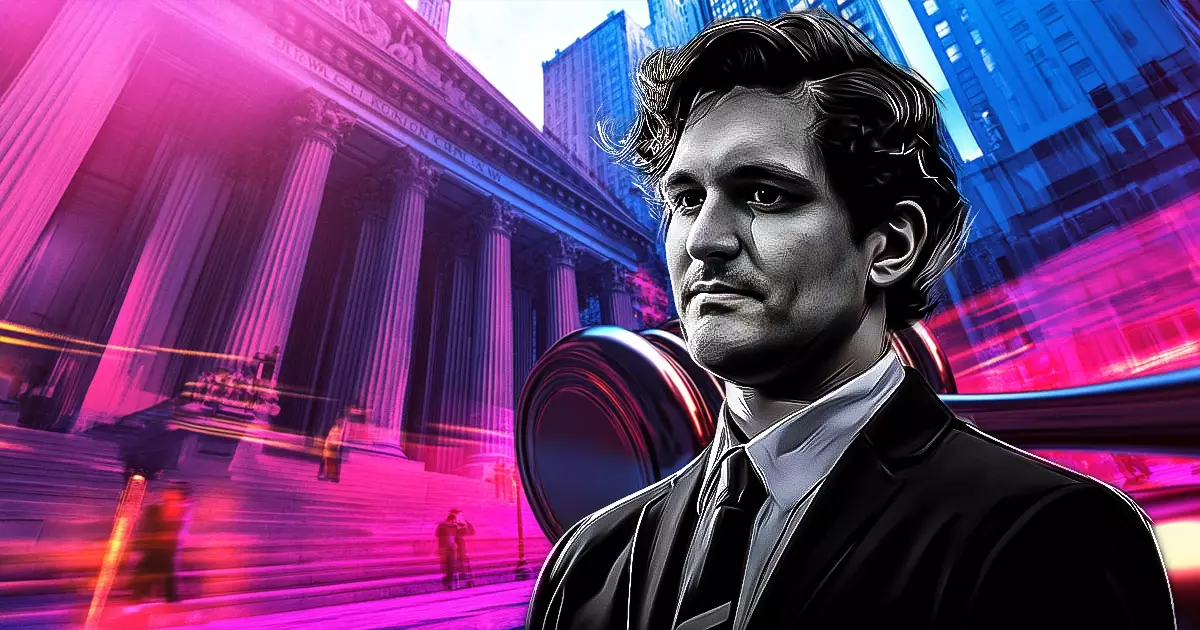The downfall of FTX, once a thriving cryptocurrency exchange, sent shockwaves across the financial world, leading to the conviction of its founder, Sam Bankman-Fried. The billionaire’s spectacular rise and subsequent scandal encapsulated the volatility and risks inherent in the cryptocurrency landscape. FTX’s collapse not only exacerbated the cryptocurrency market’s instability but also left countless investors reeling, drawing significant attention from regulatory bodies. As the legal proceedings unraveled, Bankman-Fried’s conviction raised questions about accountability in the rapidly evolving world of digital trading.
In a recent development, the United States authorities decisively rejected Bankman-Fried’s attempts to overturn his conviction and sentencing. The government asserted that his claims lacked substantive merit, affirming the jury’s verdict and the procedural integrity of the trial. Bankman-Fried had contested that judicial bias and procedural lapses, specifically involving Judge Lewis Kaplan, had unfairly influenced the proceedings. However, the court’s rationale was deemed both sound and consistent with established legal practices in fraud cases.
Bankman-Fried’s appeal hinged on several key arguments, particularly his assertion that the judge’s rulings stymied crucial defense strategies and limited pertinent evidence from being presented. He suggested that the narrative surrounding FTX’s financial struggles was exaggerated, with implications that customers might still receive their funds back. This claim was an attempt to paint a more favorable picture of his actions, but the government’s response laid bare the inadequacies of his arguments. They contended that the original trial was conducted fairly and that Bankman-Fried had not demonstrated any substantive errors or prejudicial treatment during the proceedings.
The government’s filing articulated a firm stance against Bankman-Fried’s claims, particularly countering his objections regarding jury instructions and the evidentiary rulings made during the trial. Highlighting the legal standards applied in fraud cases, they argued that the “no-ultimate-harm” instruction was a routine and appropriate guideline. Furthermore, the government explained why it was justified in exercising control over the evidence presented, asserting that testimony regarding potential losses from FTX was both irrelevant and inadmissible.
This rejection of Bankman-Fried’s appeal goes beyond just one man’s legal battle; it sets a precedent for future cases in the cryptocurrency realm, emphasizing judicial diligence in financial fraud cases. As cryptocurrencies continue to attract both investors and regulatory scrutiny, Bankman-Fried’s case serves as a critical reminder of the importance of accountability in a market that is often described as the “Wild West.” The verdict reinforces that the legal system will scrutinize those at the helm and assert accountability, which is essential for restoring trust among investors and the general public.
The upholding of Sam Bankman-Fried’s conviction aligns with the broader principles of justice and accountability within the financial system. His legal battles continue to illuminate the multifaceted nature of cryptocurrency regulation and the importance of robust legal frameworks to curb fraud. As this high-profile case continues to unfold, its impacts will resonate beyond the courtroom, shaping the future of cryptocurrency governance and investor confidence.
















Leave a Reply